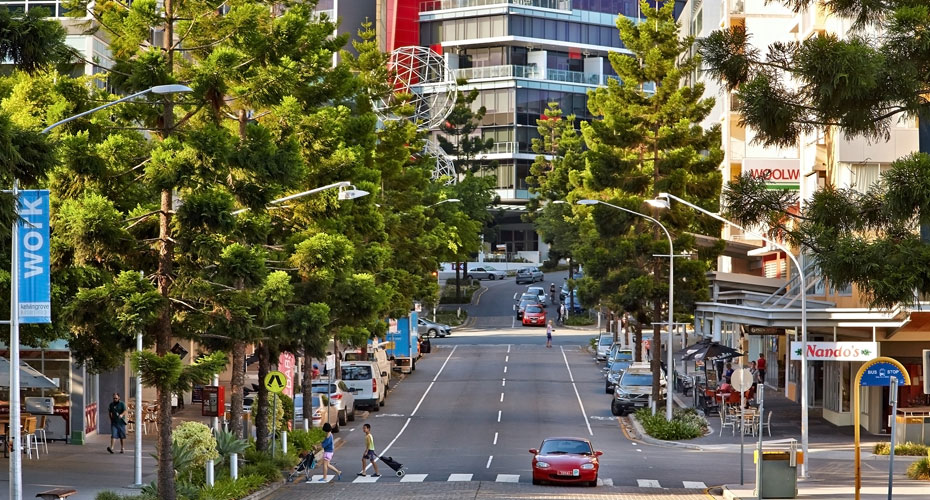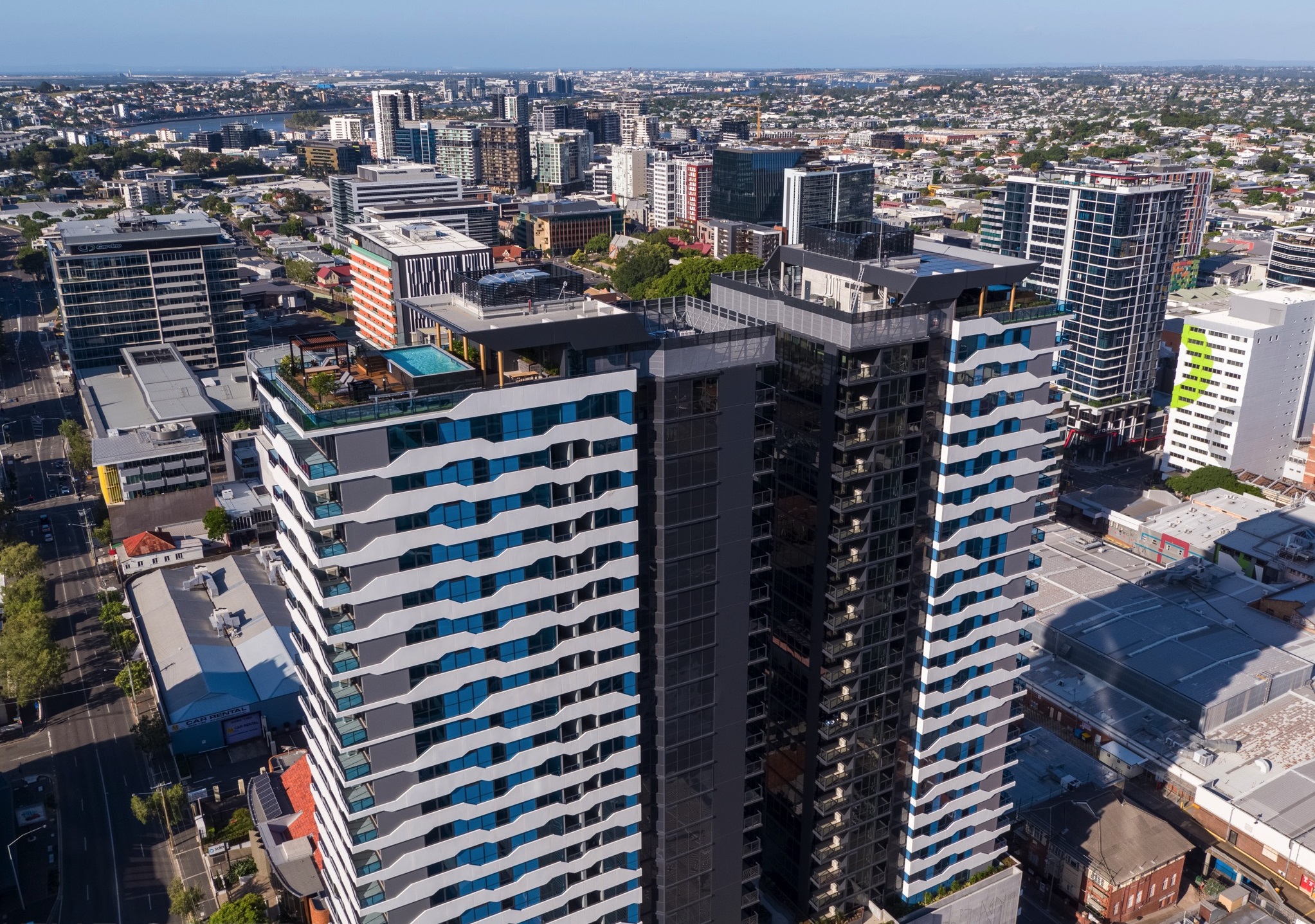
Australian is on the cusp of a national real estate boom. And I do emphasise “national”.
We haven’t had a genuine national real estate boom in Australia since the one from 2001 to 2004, when all the major markets experienced strong price rises.
The one that drove Sydney and Melbourne prices higher from 2013 to 2017 was not a nationwide phenomena, as few other locations around the nation shared that price uplift.
But right now forces are building which will generate growth in most major cities and towns across the nation. They will be boosted by new events which will energise economies, including infrastructure spending and increased activity in the resources sector.
We currently have a remarkably strong situation with markets across Australia – everywhere, in fact, except the two biggest cities, which are so often the exception rather than the rule.
The new price data from CoreLogic suggests that all capital cities except Sydney and Melbourne had price growth in September, while most regional market jurisdictions also recorded growth. The September figures continued the stubborn performance of markets since February when the pandemic first started to impact Australia.
Many of our capital cities have recorded some level of house price growth in most months since February. Canberra has had growth in each of the past seven months and Adelaide has had uplift in six of the seven months.
Regional markets around Australia are pumping strongly, with vacancies ultra low, rents rising and buyers outnumbering sellers. People at the coal-face of these markets, including buyers agents, valuers and selling agents, have been reporting very competitive markets for several months – and the data supports those views.
So I would argue that significant sections of the nation already have notable up-cycles under way, particularly those where the virus has been got under control early, local economies are strong, consumer confidence is good, vacancies are low, first-home buyers are active and the Exodus to Affordable Lifestyle is having an impact.
Some locations have most or all of those factors in play. Those places include Perth, Adelaide, Hobart, Canberra and regional centres like Ballarat, Bendigo, Albury-Wodonga, Orange, Newcastle, the Sunshine Coast, Mackay, Rockhampton and Townsville.
Of the 15 major market jurisdictions in Australia – eight capital cities and seven state/territory regional markets – 11 have house prices higher than at the start of 2020, led by Regional Tasmania (up 7.1%) and Darwin (up 6.6%), as well as Hobart, Canberra, Regional NSW and Regional South Australia (all up 4-5% since the start of the year).
Twelve of the 15 jurisdictions have house prices higher than a year ago. For apartments, 11 of the 15 locations have prices higher than a year ago.
This means there is a groundswell of positive factors, a rising tide of markets – particularly outside the two biggest cities, which is where two-thirds of Australians live.
Against that background, there are positive forces building which will turbocharge the situation and create a national property boom.
We have seen that local economies and property markets have charged out of lockdown phases with considerable exuberance. We can also get a message from New Zealand, where the economy has continued to emit positive signals and property prices have been rising strongly right across that country.
The more our local economies return to normal, with Melbourne recovering and state border restrictions easing, the more we will see improved confidence and rising market activity.
But the big looming factor is the upcoming infrastructure spend – and, partly as a by-product, considerable uplift in the resources sector.
It is clear that federal and state governments intend to generate an infrastructure-led economic recovery and are willing to go deep into budget deficit to achieve it.
Few things supercharge economies and real estate markets like big infrastructure projects, be they motorways, rail links, hospitals or energy facilities.
Infrastructure developments create economic activity and jobs – and the energises property markets. These projects also improve the amenity of the locations that are directly impacted by the new projects.
A by-product of the infrastructure-inspired recovery will be a new resources boom, with that sector already busy servicing overseas demand.
Another big factor which will drive prices higher is the extraordinary shortage of real estate in most locations in Australia. Vacancy rates of 1% and lower are the norm now and it’s putting upward pressure on rents. Developers have been building less in the past 2-3 years and investors have been largely on the sidelines for the past 18 months in particular. The rental stock the market needs has not been created at the required levels.
At the same time, vendors have been reticent – which means that buyers outnumber sellers in many locations.
Recently we have seen economists from the major banks and other institutions recanting their March-April forecasts of real estate prices dropping 10%, 20% or 30% - and are now suggesting much more moderate outcomes. Westpac is now predicting boom-level price growth starting in mid-2021.
While they and others are becoming increasingly bullish for their predictions, they’re still getting it wrong. Prices may be nudging downwards, generally speaking, in Melbourne and Sydney but they are rising in most other places. And the big uplift will come much sooner than the economists expect.
We’re starting to see media reacting to the change in sentiment, although well behind the game as usual. Here are some of the headlines from the past week:
- Top End of housing market will lead recovery – The Australian
- Housing bears face extinction as forecasts turn bullish – Financial Review
- Regional house price rises on the way – Financial Review
- House prices bounce in September – ABC News
- Houses emerge stronger over September as Sydney and Melbourne declines soften: Property Observer
- Are we nearing another property boom? – Smart Property Investor
- Victoria set for big summer of sales post-lockdown – Australian Property Investor
- Huge sign the property market is heading up again – Yahoo Finance
This is significant because mainstream media is reluctant to present positive scenarios about the housing market.
I note also that Simon Pressley of Propertyology – who I think is the best real estate research analyst in Australia - is also predicting a property boom.
He writes in a report published last week: “Make no mistake, property markets in large parts of Australia will be booming by summer! Several locations in different parts of the country have already produced double-digit capital growth over the first 9-months of this calendar year and there are umpteen others with fast growing momentum.
“Anecdotal evidence from research conducted by Propertyology suggests that property markets are already booming in locations such as Noosa, Canberra, Orange, Dubbo, Burnie, Bendigo, Mildura, Mount Gambier, Coffs Harbour and Karratha. That’s ten towns in seven states and territories.
The cast of thousands who, during the March-April national lockdown, were forecasting a real estate Armageddon score an epic ‘Fail’.”




